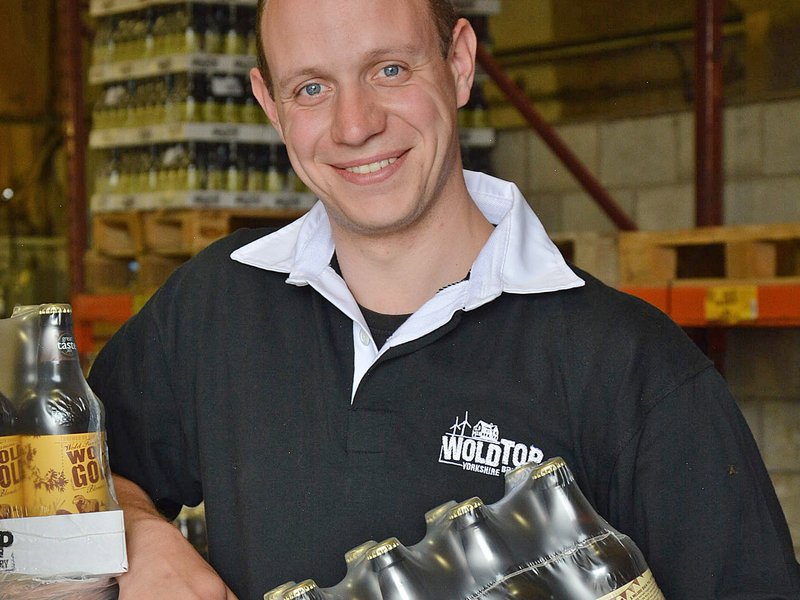
Doing the washing - brewery talk from Alex Balchin, Brewery and Packaging Manager
Posted by Wold Top Brewery on
When I say washing I am not referring to the type that involves either dirty plates or t-shirts. I am in fact referring to the production of a sugary solution from malted barley that yeast will ferment. There are two well known industries that use the fermentable sugars of barley to make alcohol, brewing and distilling. Our job until recently was exclusively to make this sugary solution (brewers call it wort) to feed our yeast which in turn makes beer. As with most breweries we would normally boil the wort and add some hops, cool it and then let it ferment. So far, so beer.
Recently we have been involved in setting up The Spirit of Yorkshire, Yorkshire’s first (we believe) single malt whisky distillery. I will not go into the process too much here but suffice to say that what brewers call wort, distillers do so as well. However, they are made in slightly different ways. We do not boil the wort or add any hops for example. The mash and sparge regimes are also a little different and this all needs to changed when going from making wort for beer to making wort for whisky. As a brewer, this all feels a little strange as there are very good reasons that we do not let our sparge water get too hot (you can extract undesirable flavours) but in whisky making you want some of those flavours compounds to come through as they are desirable for the finished drink.
Now that Spirit of Yorkshire is up and distilling away, we need to charge the distillation stills with an alcoholic liquid that will by distillation be concentrated. This alcoholic liquid, which is called the ‘wash’, is simply the fermented wort. The wash is put through the stills and the alcoholic strength taken up from around 8%ABV to around 75%. This then racked into wooden casks to mature and where it will be left for a minimum of three years to develop.
I am afraid we are at the time of writing still waiting to taste the finished product. What I can tell you though is the samples we have tried up till this point have been super and we are really pleased with how they are developing. I have waffled on for long enough, so let me raise a glass to new adventures. Cheers!
Alex
Share this post
- Tags: News
